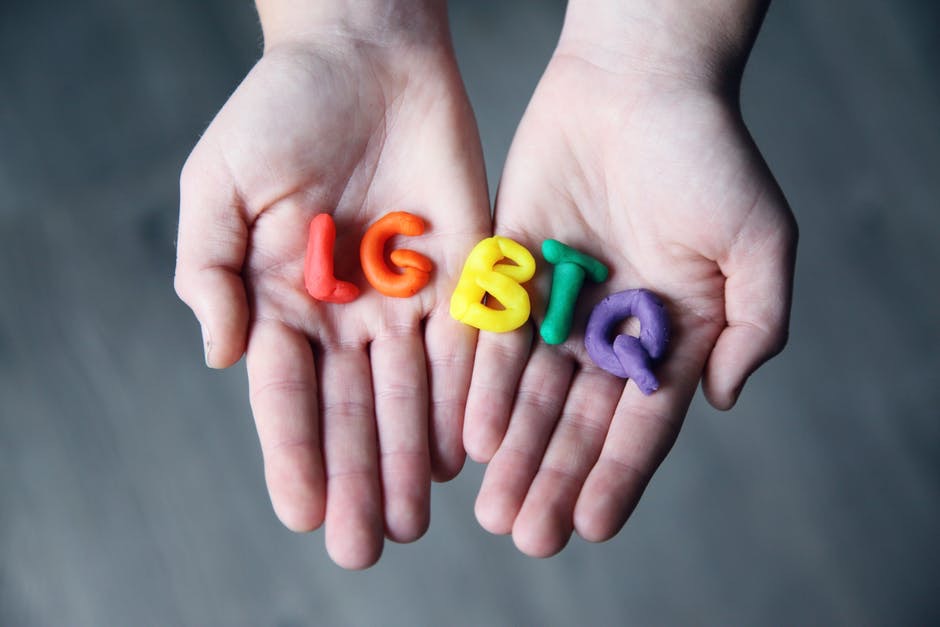Content Reviewed by Jennifer Wheeler, Clinical & Community Outreach for New Life
There are many risk factors to recognize when it comes to why individuals first choose to use substances and continue to do so repeatedly. While substance use disorder (SUD) and addiction remain an ongoing concern in our nation, it is essential to recognize specific populations of individuals that are more vulnerable to using substances and developing an addiction. One of these populations is LGBTQ+ individuals, or in other words, individuals of sexual minorities.
The Prevalence of Substance Use Among LGBTQ+
In 2019, the Substance Abuse and Mental Health Services Administration (SAMHSA) conducted a national survey on drug use and health among LGB adults. They found that nearly 18.3% (2.6 million) individuals age 18 or older struggled with an active substance use disorder. For individuals that had SUD, the breakdown in statistics included:
- One in two (51.6% or 1.4 million adults) struggled with illicit drug use
- Three in five (64.6% or 1.7 million adults) struggled with alcohol use
- One in six (16.2% or 426,000 adults) struggled with illicit drug use and alcohol use
Why is Substance Use Higher Among LGBTQ+ Populations?
There are several reasons LGBTQ+ individuals are more likely to use substances or use them at higher rates. The main risk factors include minority stress, healthcare discrimination and co-occurring conditions.
Minority Stress
LGBTQ+ individuals are challenged daily through social stigma, discrimination and other challenges that heterosexual individuals do not experience. This population faces a much greater risk of both harassment and violence. As a result, sexual minorities are also at increased risk for various behavioral health issues, including substance use and associated substance use disorder.
Some LGBTQ+ individuals may turn to substances because they find that substance use is an effective way to cope with minority stress. When people use alcohol and other drugs to relieve their emotions, it is known as self-medicating. While self-medicating may seem like an effective way to experience temporary relief from emotional pain, it only exacerbates distress in the long term.
Healthcare Discrimination
Another reason why LGBTQ+ individuals are more likely to use substances is that many have experienced healthcare discrimination. Some individuals may not be able to access affordable healthcare or find that the healthcare they are seeking support from is not accepting or competent of LGBTQ+ health challenges.
As many individuals obtain healthcare insurance through their employers, it is essential to emphasize the impact of workplace discrimination on LGBTQ+ individuals. Many individuals lack consistent access to insurance and insurance plans as they are rejected from employment opportunities.
On the other hand, many healthcare providers are not appropriately educated and trained to serve individuals within the LGBTQ+ community. As a result, these individuals experience a lower quality of care and lower quality of life. This discrepancy increases the likelihood of LGBTQ+ individuals turning to substances to cope. Treatment for addiction and other mental health conditions must promote equality for all patients and may look like the following:
- Equal education regarding substance use, harm reduction, treatment resources, relapse prevention and mechanisms of gender identity
- Overcoming stereotypes surrounding substance use, mental health conditions and receiving treatment
- Prioritizing equality of race and economic status
- Finding equal healthcare access for all genders
- Preventing discrimination both in and outside of healthcare facilities
The Prevalence of Co-Occurring Conditions in LGBTQ+ Populations
As mentioned earlier, SAMHSA conducted a national survey on drug use and health among LGB adults. Findings showed that nearly 47.4% (6.8 million) of LGB adults over age 18 had an active mental health condition. In that same year, 12.9% (1.9 million) of LGB adults struggled with substance use and mental health disorders.
LGBTQ+ individuals with undiagnosed or untreated mental health disorders are more likely to use alcohol and other drugs. Individuals in this population are more likely to experience unique challenges that can lead to experiences of depression, suicidal ideation, self-harm, eating disorders and substance use.
Substance Use Treatment for LGBTQ+ Populations
Treatment for substance use disorder is challenging. For therapy to be effective, it must be individualized and cater to an individual’s personal needs and goals for recovery. Specifically for LGBTQ+ individuals, it may help to receive treatment from culturally-competent treatment centers that understand the unique risk factors that increase an individual’s likelihood of using substances.
It is also vital to search for a treatment center specializing in treating co-occurring conditions. As it can be challenging to know what diagnosis developed first, treatment must aim at treating both diagnoses simultaneously. Co-occurring conditions interact and, therefore, need to be dealt with together.
LGBTQ+ individuals struggling with mental health or substance use must find consistent support in their community. Consider reaching out to local treatment centers to connect with group therapies today.
New Life Addiction Counseling & Mental Health Services offers outpatient treatment for individuals struggling with substance use and mental health distress. Our staff is motivated by providing education and therapy to all patients, especially individuals who identify as LGBTQ+. We understand the unique challenges you face as a sexual minority and want you to experience the highest-quality treatment and care. To learn more about our treatment programs or for more resources for LGBTQ+ populations, call New Life today at (877) 929-2571.
